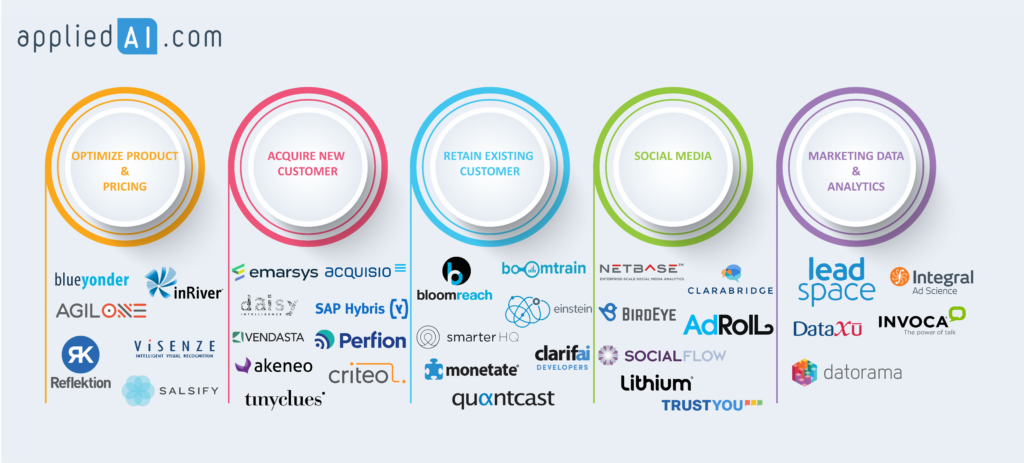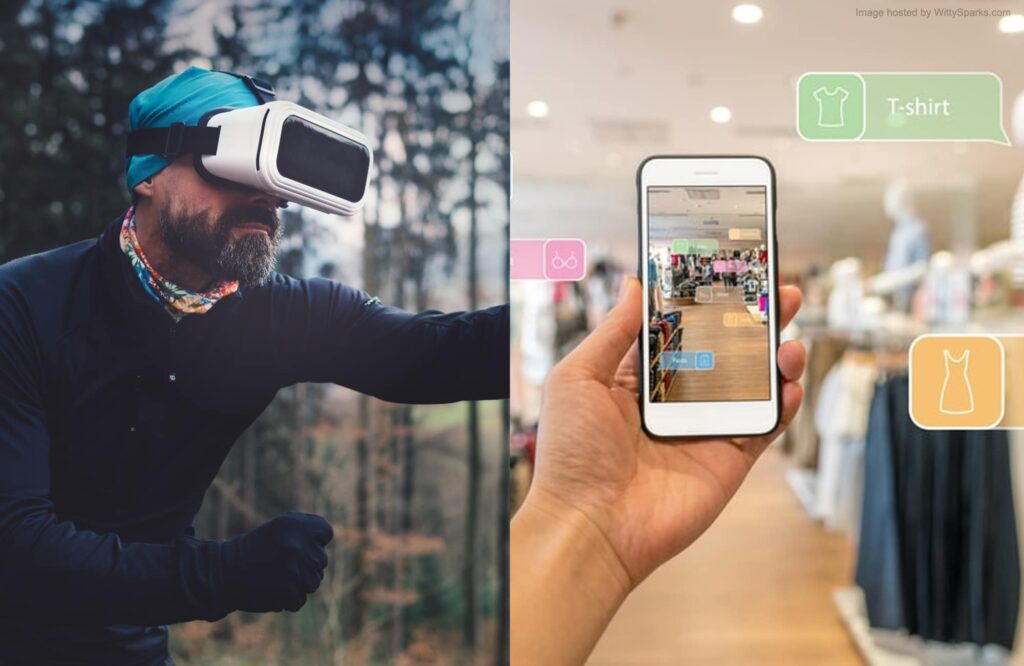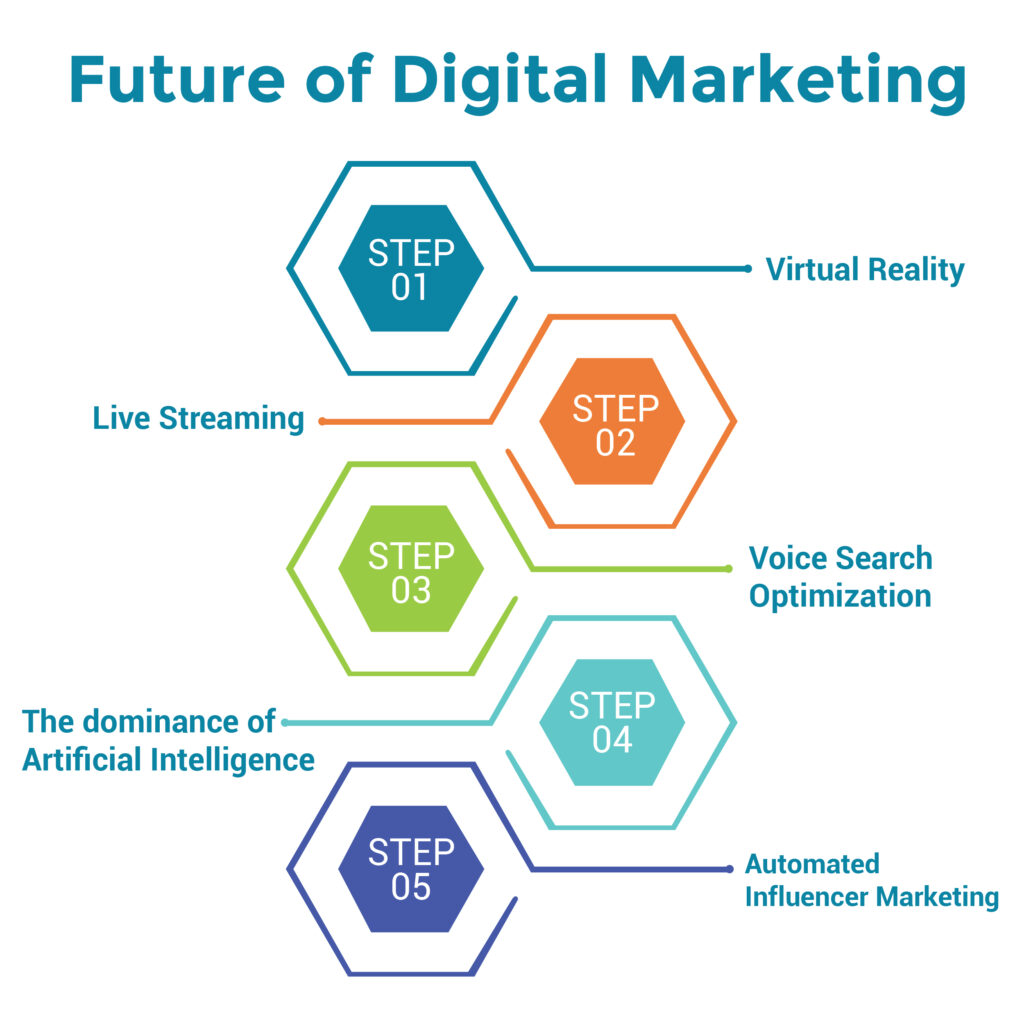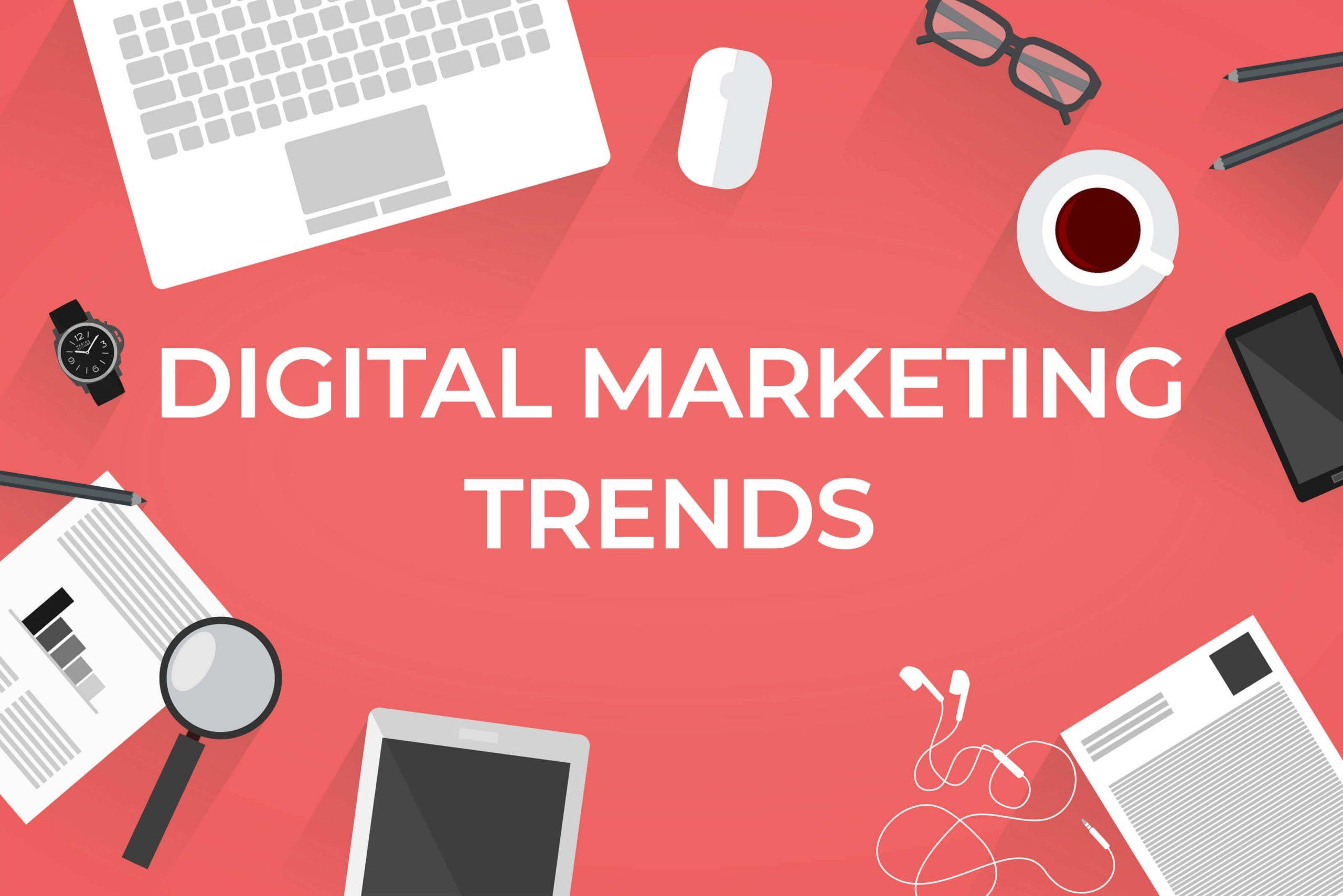
Introduction to the Future of Digital Marketing
Digital marketing has become integral to any successful business strategy in today’s digital age. Businesses must adapt and stay up-to-date with trends and technologies to reach their target audience.The future of digital marketing holds exciting possibilities, with advancements in artificial intelligence, voice search, personalization, video marketing, social media marketing, augmented reality and virtual reality, mobile optimization, and influencer marketing. In this article, we will explore these trends and discuss their impact on the future of digital marketing.
The Rise of Artificial Intelligence in Digital Marketing
Artificial intelligence (AI) is revolutionizing the way businesses approach digital marketing. AI-powered tools and platforms are being used to automate and optimize various aspects of marketing, such as data analysis, customer segmentation, content creation, and customer service. For example, AI-powered chatbots can provide instant customer support and personalized recommendations based on user behavior. AI algorithms can analyze large amounts of data to identify patterns and trends, allowing marketers to make data-driven decisions and improve their marketing strategies.
The benefits of using AI in digital marketing are numerous. It can save time and resources by automating repetitive tasks, allowing marketers to focus on more strategic initiatives. AI can also improve the accuracy and efficiency of targeting and personalization efforts, leading to higher conversion rates and customer satisfaction. Additionally, AI can provide valuable insights and predictions based on data analysis, helping businesses stay ahead of the competition.

The Emergence of Voice Search and its Impact on Digital Marketing
Voice search is rapidly gaining popularity, thanks to the increasing use of voice assistants like Siri, Alexa, and Google Assistant. According to a study by ComScore, 50% of all searches will be voice searches by 2020. This shift in consumer behavior has significant implications for digital marketing, particularly in terms of search engine optimization (SEO) and content creation.
Voice search queries tend to be longer and more conversational compared to text-based searches. This means businesses need to optimize their content to match the natural language used in voice searches. Long-tail keywords and phrases that reflect how people speak should be incorporated into website content, blog posts, and product descriptions. Additionally, businesses should focus on providing concise and direct answers to common questions, as voice assistants often read out the featured snippet or top result.
The Growing Importance of Personalization in Digital Marketing
Personalization has become a key strategy in digital marketing, as consumers increasingly expect personalized experiences from brands. According to a study by Epsilon, 80% of consumers are more likely to do business with a company that offers personalized experiences. Personalization can take many forms, such as personalized emails, product recommendations, and targeted advertising.
The rise of big data and AI has made it easier for businesses to collect and analyze customer data, allowing them to deliver highly targeted and relevant content. For example, Netflix uses AI algorithms to recommend movies and TV shows based on a user’s viewing history and preferences. Similarly, Amazon uses personalized product recommendations based on a user’s browsing and purchase history.
Implementing personalization in your marketing strategy can lead to higher engagement, conversion rates, and customer loyalty. By understanding your customers’ preferences and behaviors, you can deliver tailored content that resonates with them on a deeper level.

The Role of Video Marketing in the Future of Digital Marketing
Video marketing has become increasingly popular in recent years, and its importance will continue to grow in the future of digital marketing. According to Cisco, video will account for 82% of all internet traffic by 2022. Videos have the power to capture attention, evoke emotions, and convey complex messages in a concise and engaging manner.
Video marketing can improve engagement and conversions by providing users a more immersive and interactive experience. It allows businesses to showcase their products or services in action, tell compelling stories, and connect with their audience on a more personal level. Additionally, videos can be easily shared on social media platforms, increasing their reach and potential for virality.
To create effective video content, businesses should focus on storytelling, authenticity, and providing value to the viewer. The content should be visually appealing, well-produced, and optimized for different platforms and devices. It’s also important to track and analyze the performance of video content to understand what resonates with your audience and make improvements accordingly.
The Increasing Significance of Social Media Marketing in Digital Marketing
Social media has become integral to people’s lives, with billions of users worldwide. As a result, it has also become an essential channel for businesses to reach and engage with their target audience. In the future of digital marketing, social media will continue to play a significant role in building brand awareness, driving website traffic, and generating leads.
Social media platforms offer a wide range of targeting options, allowing businesses to reach specific demographics and interests. They also provide various advertising formats, such as sponsored posts, stories, and videos, which can be highly effective in capturing attention and driving conversions. Additionally, social media platforms offer valuable insights and analytics that can help businesses understand their audience and optimize their marketing efforts.
Successful social media marketing campaigns often involve creating compelling and shareable content, engaging with followers, and leveraging influencers or brand advocates. For example, Coca-Cola’s “Share a Coke” campaign encouraged people to share photos of personalized Coke bottles on social media, generating millions of user-generated content and increasing brand visibility.
The Impact of Augmented Reality and Virtual Reality on Digital Marketing
Augmented reality (AR) and virtual reality (VR) are immersive technologies increasingly used in digital marketing to enhance the customer experience and drive engagement. AR overlays digital content onto the real world, while VR creates a completely virtual environment.
AR and VR can be used in various marketing campaigns to provide interactive and memorable experiences. For example, IKEA’s AR app allows users to visualize how furniture would look in their homes before purchasing. Similarly, the New York Times’ VR app offers immersive storytelling experiences, such as virtual tours and documentaries.
Using AR and VR in marketing increases engagement, brand awareness, and customer satisfaction. These technologies can create a sense of novelty and excitement, making the brand stand out. Additionally, AR and VR can provide valuable data and insights on user behavior and preferences, allowing businesses to further optimize their marketing efforts.

The Importance of Mobile Optimization in Digital Marketing
With the increasing use of smartphones and tablets, mobile optimization has become a crucial aspect of digital marketing. Statista said mobile devices accounted for 52.2% of all website traffic worldwide in 2018. This trend is expected to continue, making it essential for businesses to optimize their websites and content for mobile devices.
Mobile optimization involves creating responsive and mobile-friendly websites that provide a seamless user experience across different screen sizes and devices. This includes optimizing page load times, improving navigation, and ensuring content is easily readable and accessible on mobile devices. Mobile optimization also plays a significant role in search engine optimization (SEO), as Google prioritizes mobile-friendly websites in its search results.
By optimizing for mobile devices, businesses can improve user experience, increase website traffic, and boost conversions. Mobile users are more likely to engage with brands that provide a smooth and enjoyable mobile experience, leading to higher customer satisfaction and loyalty.
The Growing Significance of Influencer Marketing in Digital Marketing
Influencer marketing has gained significant traction in recent years and will continue to be an important strategy in the future of digital marketing. Influencers are individuals who have a large following and influence over their audience, often in specific niches or industries. Businesses can leverage their credibility and reach to promote their products or services by partnering with influencers.
Influencer marketing is effective because it allows businesses to tap into the trust and loyalty that influencers have built with their audience. According to a study by MuseFind, 92% of consumers trust recommendations from influencers more than traditional advertisements or celebrity endorsements. Additionally, influencer marketing can help businesses reach specific demographics and niche markets that are difficult to target through traditional advertising channels.
When implementing influencer marketing, finding influencers who align with your brand values and target audience is important. The partnership should be authentic and mutually beneficial, with clear goals and expectations. It’s also important to track and measure the performance of influencer campaigns to ensure a positive return on investment.

Conclusion: Preparing for the Future of Digital Marketing
The future of digital marketing holds exciting possibilities, with advancements in artificial intelligence, voice search, personalization, video marketing, social media marketing, augmented reality and virtual reality, mobile optimization, and influencer marketing. To stay ahead of the competition and effectively reach their target audience, businesses need to adapt and embrace these trends.
Staying up-to-date with the latest trends and technologies is crucial in the fast-paced world of digital marketing. It’s important to continuously learn and experiment with new strategies and tools, while also keeping an eye on industry trends and consumer behavior. By staying informed and agile, businesses can position themselves for success in the future of digital marketing.




